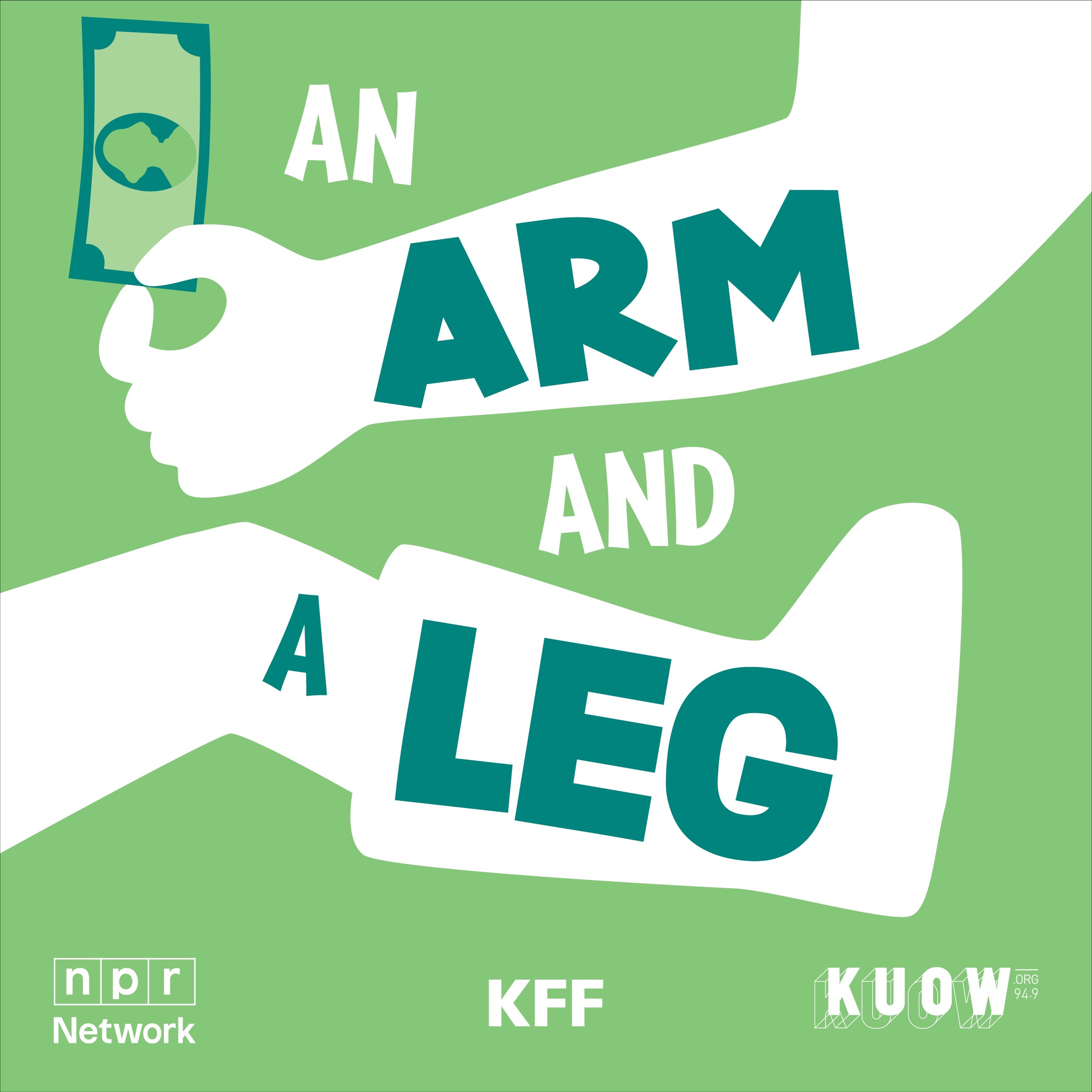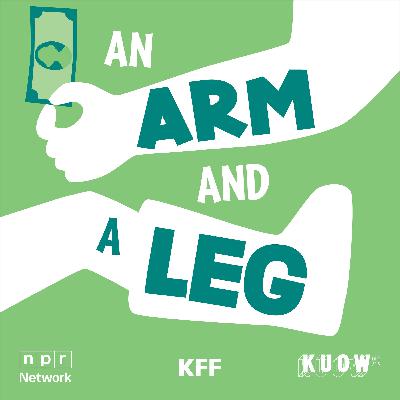For five years, we’ve been following the work of Dollar For and its founder Jared Walker, watching them quickly scale up their efforts to help people crush medical debt by tapping into “charity care” — the financial assistance that hospitals are legally required to offer some patients. Their work represents what a small, scrappy, thoughtful group of people can do. Last year, their tiny staff helped wipe out more than $55 million in medical bills. As we kick off 2026, we thought it was time to check in again. After all, this will be a year when millions more people will have trouble covering their medical bills — when Dollar For’s work may become more important to more people, and when we’re hungry for more ways to help each other. As Jared tells it, 2025 proved to be a pivotal – yet rocky – period in the organization’s story. Both their successes and their challenges put into stark relief exactly what we’re all up against. So we go deep with Jared on what they achieved while they weathered the chaos, and what it might mean for their – and our collective – next moves. Here's a transcript of this episode. Check out our Starter Pack: How to wipe out your bill with charity care. And our previous coverage of Dollar For: Could billions in medical debt get zapped by the legal strategy from this 60-second video? (2021)We talked to Jared just weeks after Dollar For first went viral. The group’s early history — they’d been working locally for years — is fascinating. Badass volunteers help Jared level up, in the fight to crush medical debt (2021)Within six months, they’d recruited volunteers and built systems. The Medical Bill “Negotiation Lab” (2022)In an experiment aimed at scaling up impact, Dollar For tried a different approach in 2022. We sat in. One last tip before 2024 (2023)Why Jared thinks you should ask for “charity care” by name -- even though, let’s face it, asking for “charity” does not feel good to most of us. New lessons from the fight for charity care (2024)Dollar For spent 2024 focusing on the big picture and starting to focus on policy advocacy. Check out our history of charity care series (from 2021): A legendary lawyer sued hospitals for price-gouging their patients. And got his butt handed to him. Dickie Scruggs is the guy who beat Big Tobacco. But when he took on hospitals, he lost. The wild backstory of a tiny but crucial Obamacare provision (ft. David Axelrod)Charity care wasn’t part of federal law until the Affordable Care Act passed. A Republican senator made sure it was part of the ACA — before deciding he wouldn’t vote for the law. “We just kept right on pushing” … and laws changedIn New York, a grieving family’s story made headlines and helped advocates catch lawmakers’ attention. Wait, that was legal until now?!In 2021, Maryland barred hospitals from suing patients who qualified for charity care. Send your stories and questions. Or call 724 ARM-N-LEG. Of course we’d love for you to support this show. See omnystudio.com/listener for privacy information.

 An Arm and a Leg
An Arm and a Leg









It is good that you raise these issues...خرید قسطی طلا
It is good that you raise these issuesکاراگینان [url=https://www.rojagoldgallery.com/product-category/ring/]انگشتر طلا ظریف[/url]
I really like your post because this post is very helpful to me. I really like your post because this post is very helpful to me.moCrack I really like your post because this post is very helpful to me.moCrack goldman4210@gmail.com
this is a helpful website you can see this website and enjoy it link https://mocrack.com/
I really like your post because this post is very helpful to me. I really like your post because this post is very helpful to me.moCrack I really like your post because this post is very helpful to me.moCrack
When you write a letter to any organization, arguing against its policies, ALWAYS include (and fail to bcc) pertinent upper echelon parties -- as well as those from below. I once wrote a letter to my children's local school, which I also copied to every single teacher in the building, the various school secretaries, the school board and their secretaries, and our local newspaper. If you want to show you mean business, and if you want a hasty response, then "Go big or go home!" This strategy is true is ANY structure -- including insurance, rental companies, etc. And if you REALLY mean business, print a hard copy and mail via a method which requires signature of receipt, along with a cover letter in which your mention your lawyer by name. It really doesn't even matter if you HAVE a lawyer -- the mere mention of "as per my lawyer's advice" will set things in motion, and sending it express mail (or whatever) shows you mean business.
I think this makes a lot of sense https://wordcounter.tools
One of my favorite episodes of this podcast and across all the ones I listen to. Tiktok Mom (and her husband) are bighearted gems. Thanks for doing what you do!
so i love this podcast and have learned alot. so its pretty terrible what hospitals are doing to really sick patients. my theory if everyone stops paying insurance companies and stop paying hospitals all at the same time. maybe we could get health care that is standardized and that everyone can afford. like our justice system, we have the best healthcare system that money can buy. i really think everyone should consider my theory.
interesting podcast. Informative. Quick question, why give a trigger warning about bleeped cuss words but explicitly describe dog testing and killing in the insulin episode? I would rather hear cuss words.
what is the name of the tool they talk about from 12-13 min in?
such a great show!!! why is this podcast not more popular?